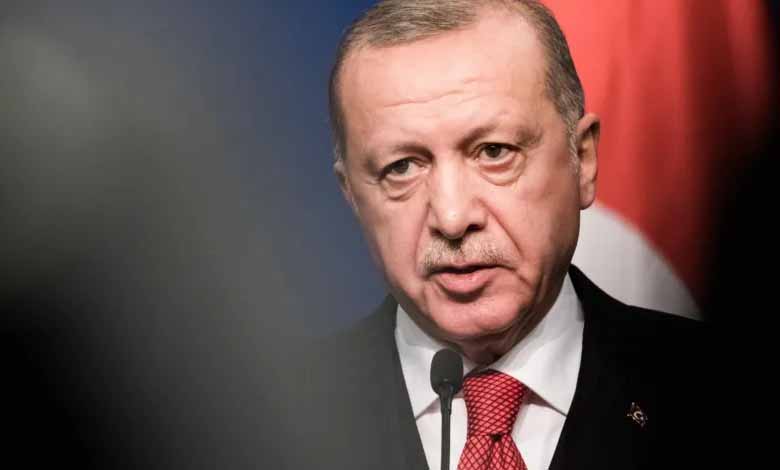Is Erdogan continuing to sell national companies? And who will be the buyer this time?

Information about the ruling Justice and Development Party system in Turkey, led by Recep Tayyip Erdogan, selling major national companies has sparked many outraged reactions.
The Turkish newspaper ‘Cumhuriyet’ reported that the Ministry of Finance is considering selling a number of institutions, such as Turkish Airlines, the oil and natural gas pipeline company, and the Turkish telecommunications company, to improve the economic situation. According to the newspaper’s report, the government aims to attract foreign investors from Gulf countries to buy these companies, which are rumored to generate profits of up to $100 billion.
However, the Center for Combating Misinformation denied the information about the sale of these companies in a statement, confirming that there are no plans to sell the companies listed in the Turkish Wealth Fund to foreigners.
The Treasury and Finance Ministry stated that the news about the sale of some public institutions does not reflect reality, noting that it relies entirely on the newspaper’s own comments. They consider these news as mere attempts to weaken our distinguished institutions by manipulating sales.”
Many activists on social media have considered resorting to selling national assets to alleviate the economic crisis as not a fundamental solution to end the difficult conditions citizens are living in. They argue that these are short-term remedies, and later, the deterioration of the situation at both the public and governmental levels will worsen.
Since President Recep Tayyip Erdogan came to power in 2002, more than 200 government assets have been sold, generating over $60 billion in revenue, which is part of the government’s plan to improve the economy. However, there are some criticisms of these plans, as some critics believe they will have negative effects on the Turkish economy, leading to job losses and economic downturn.












